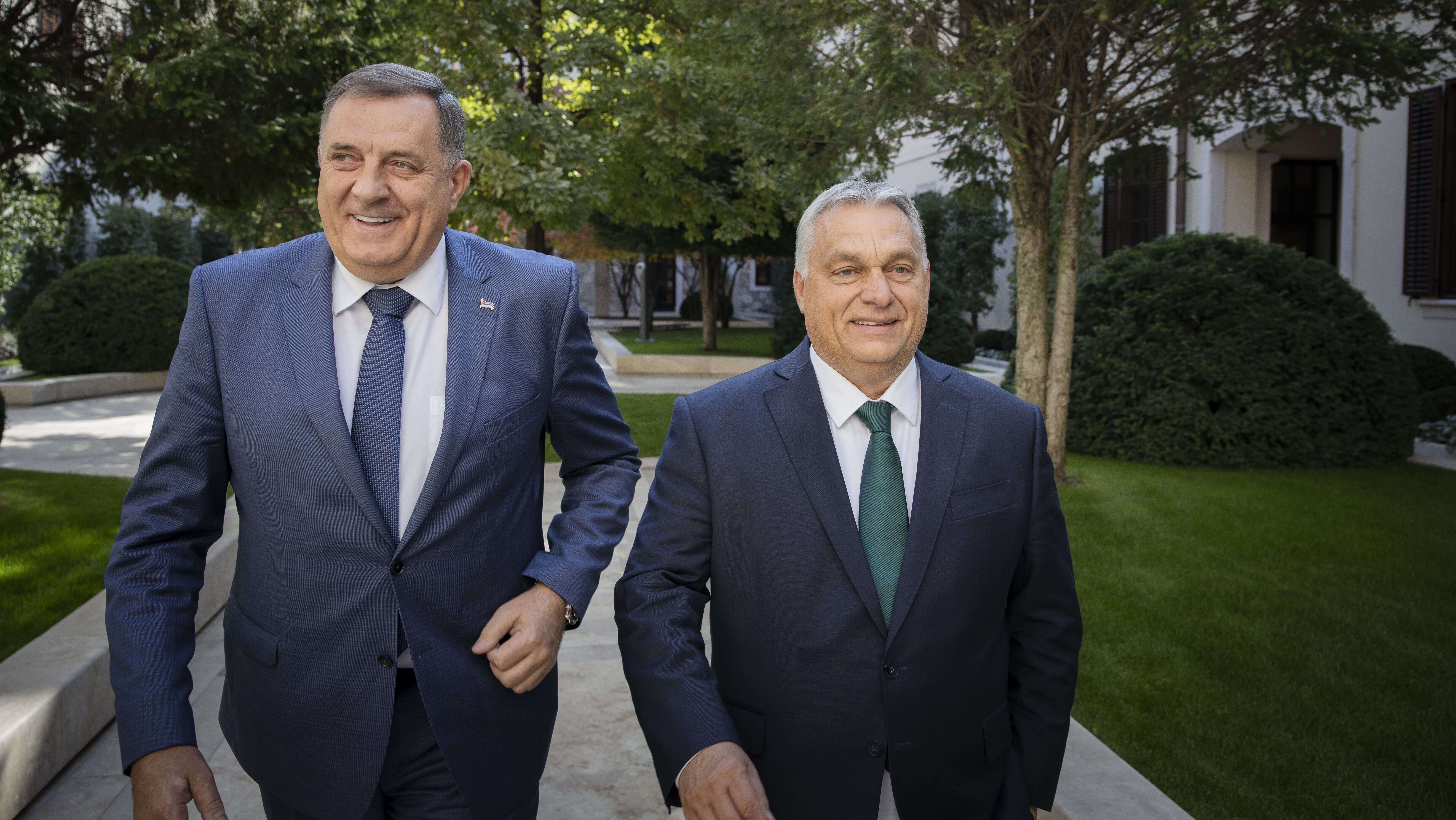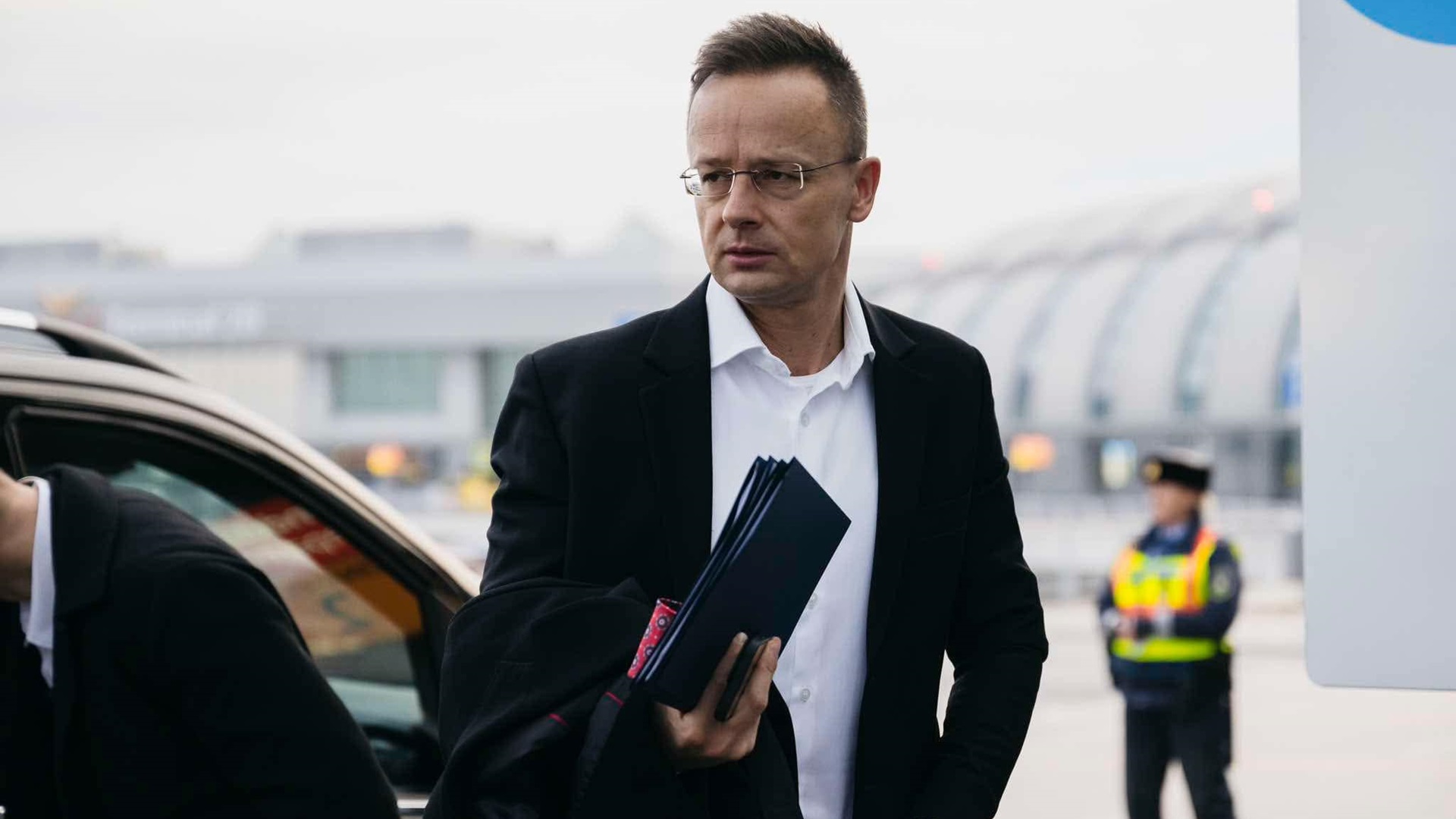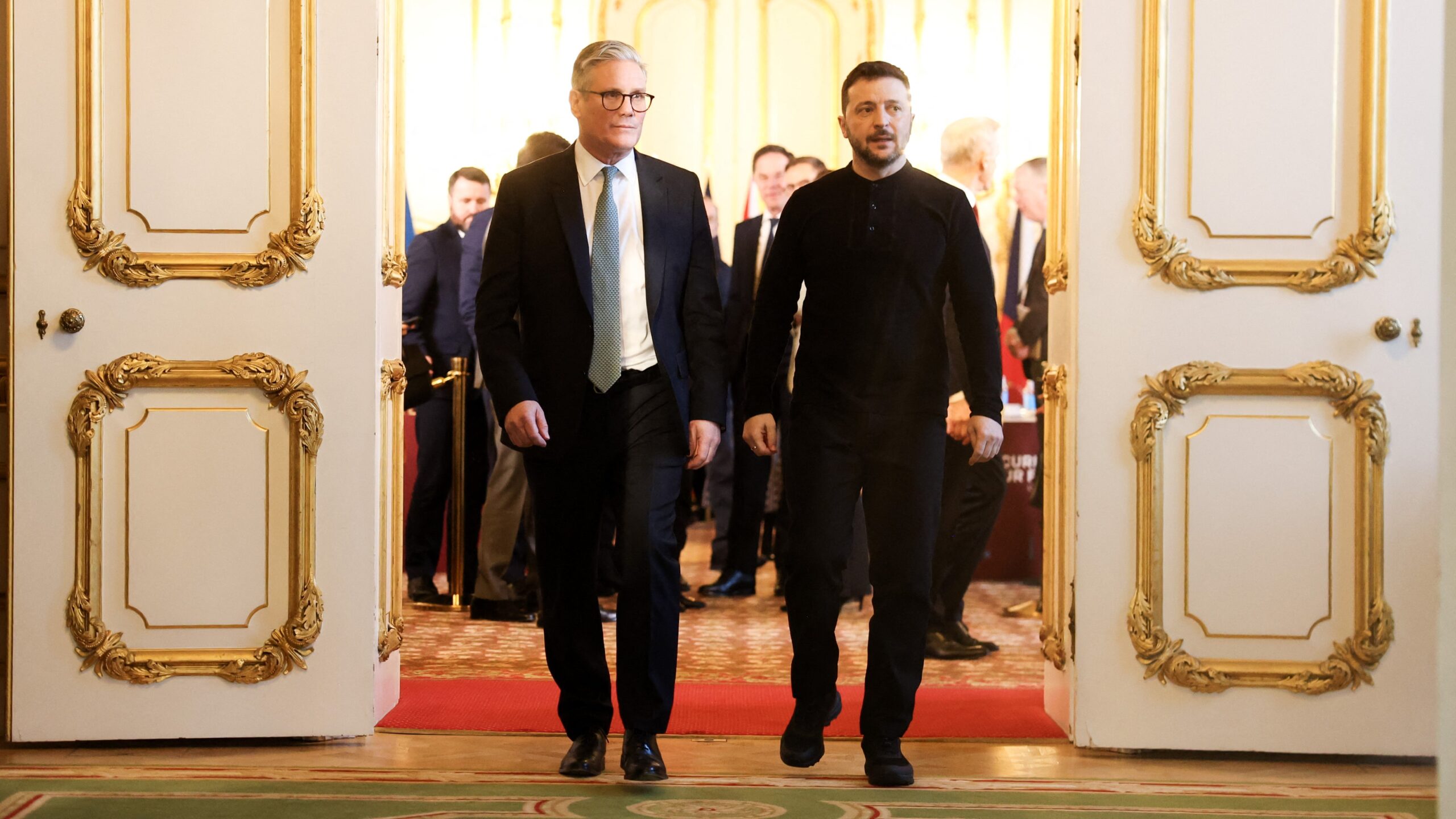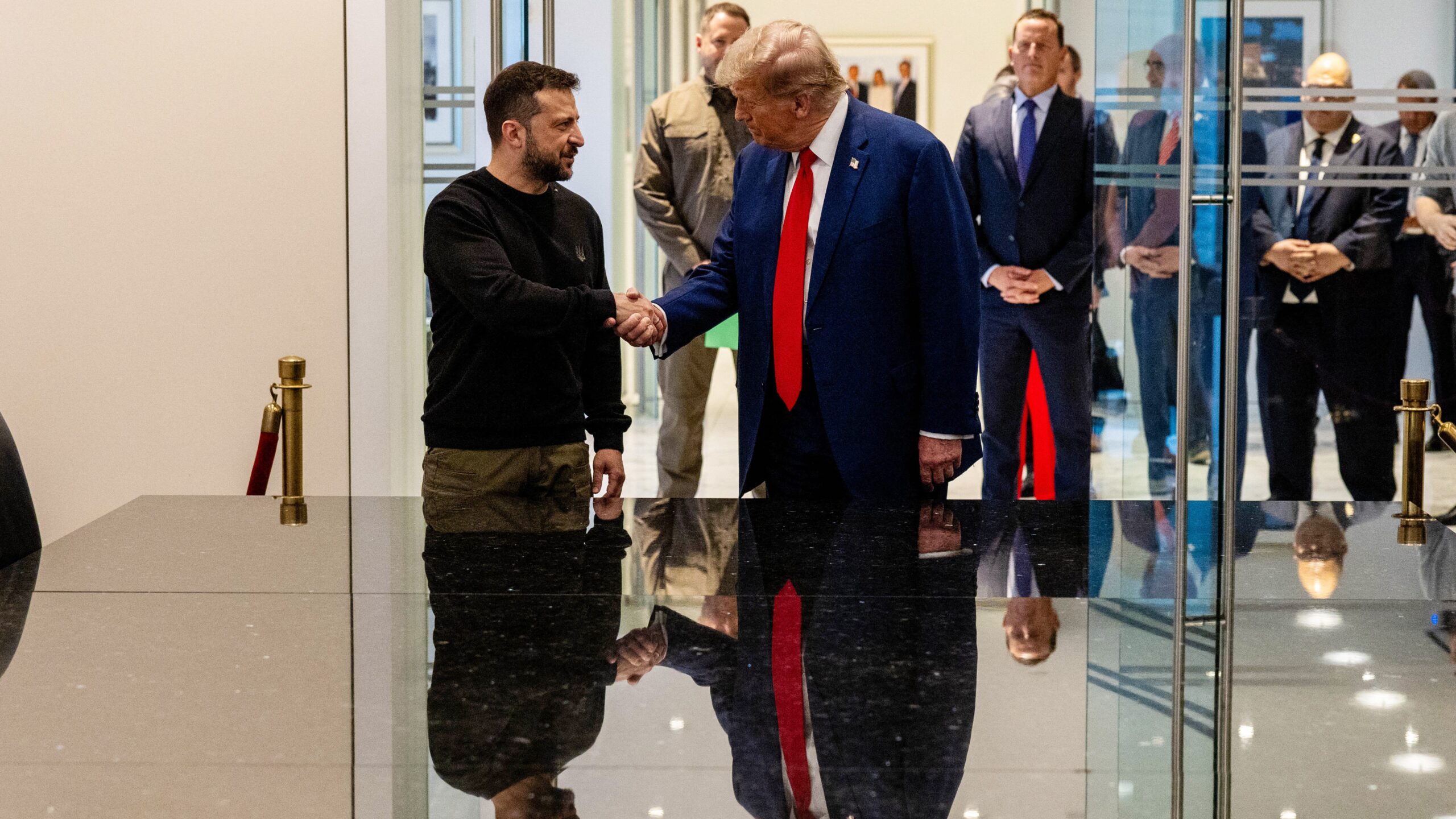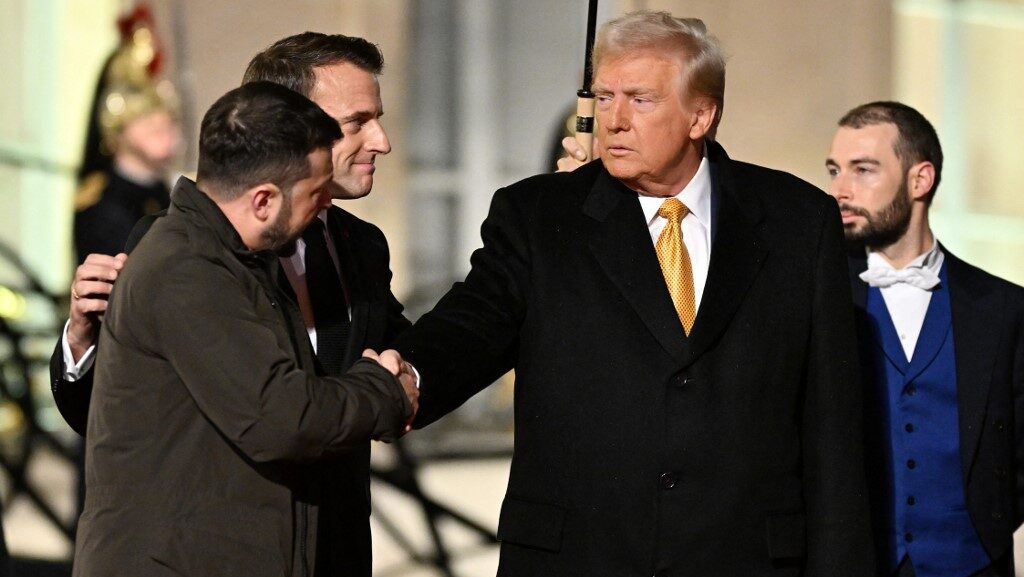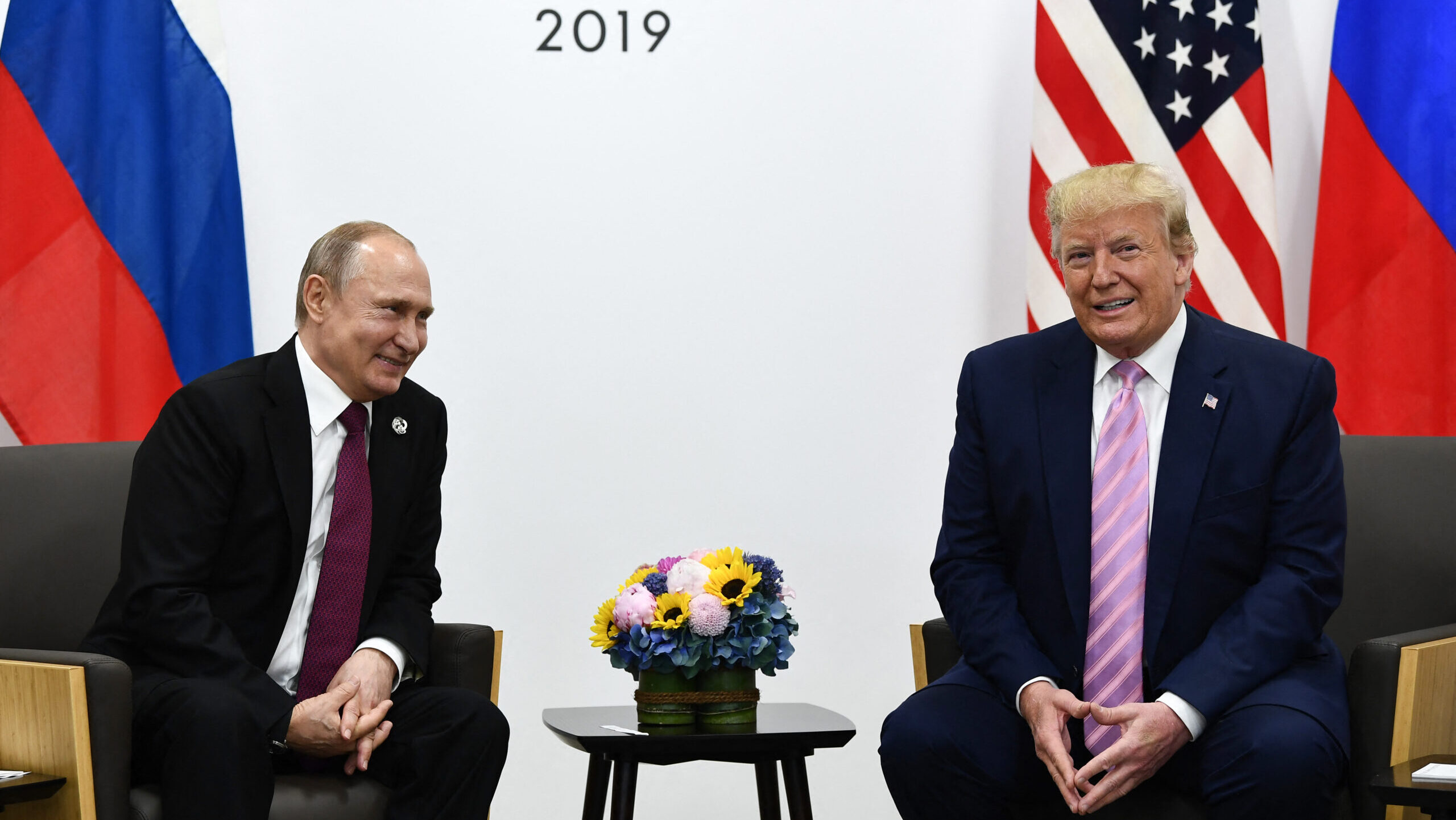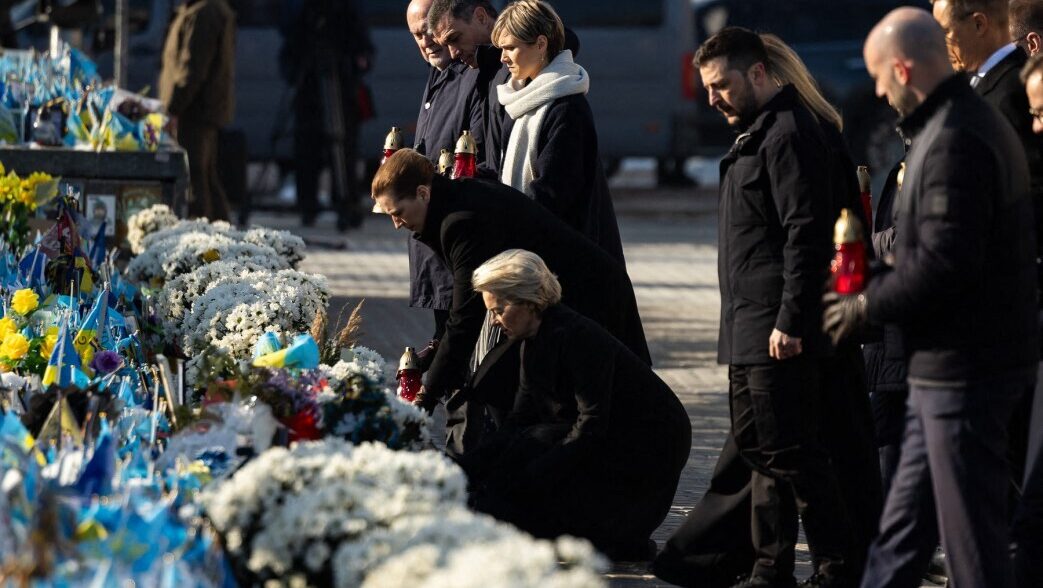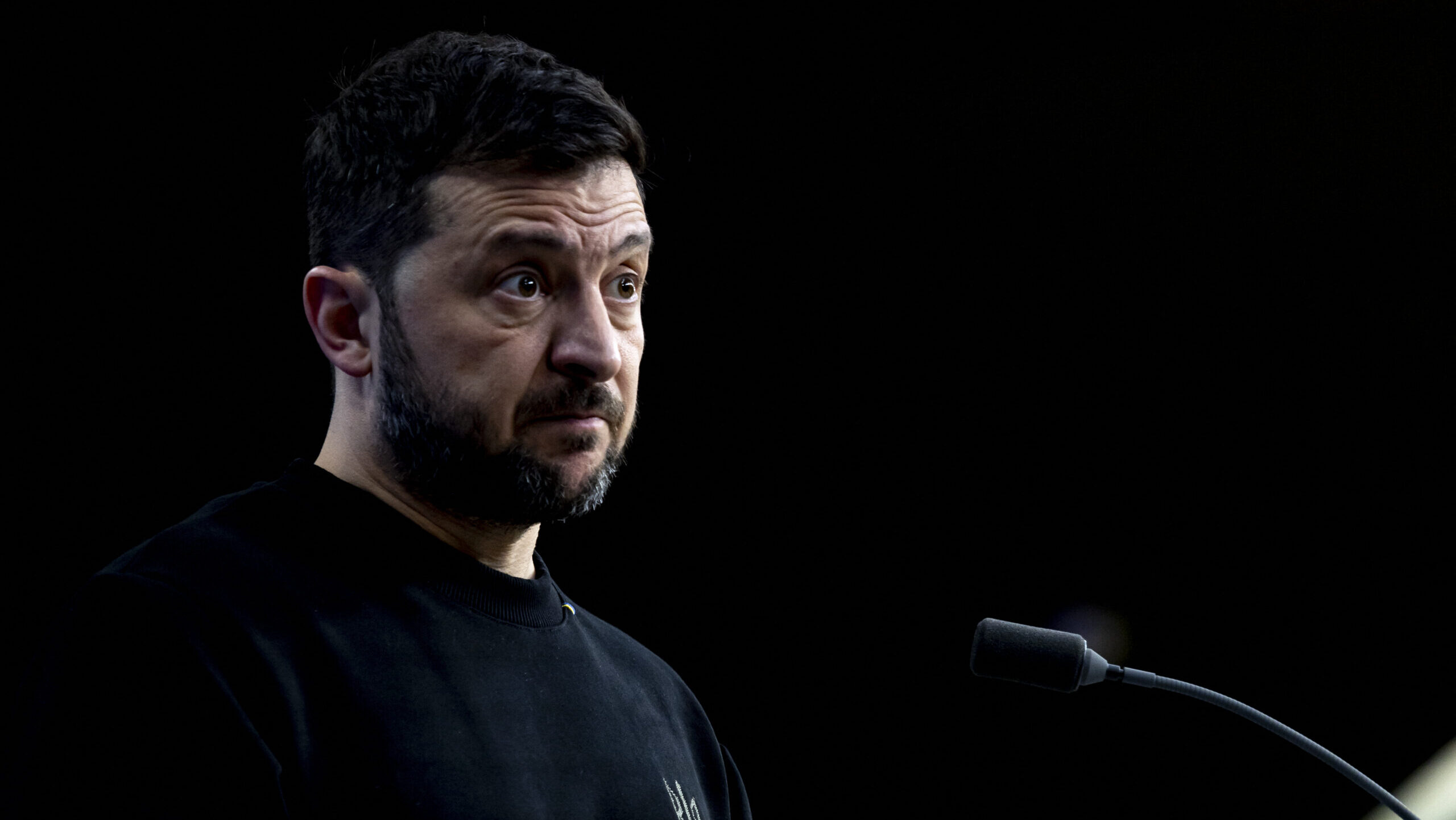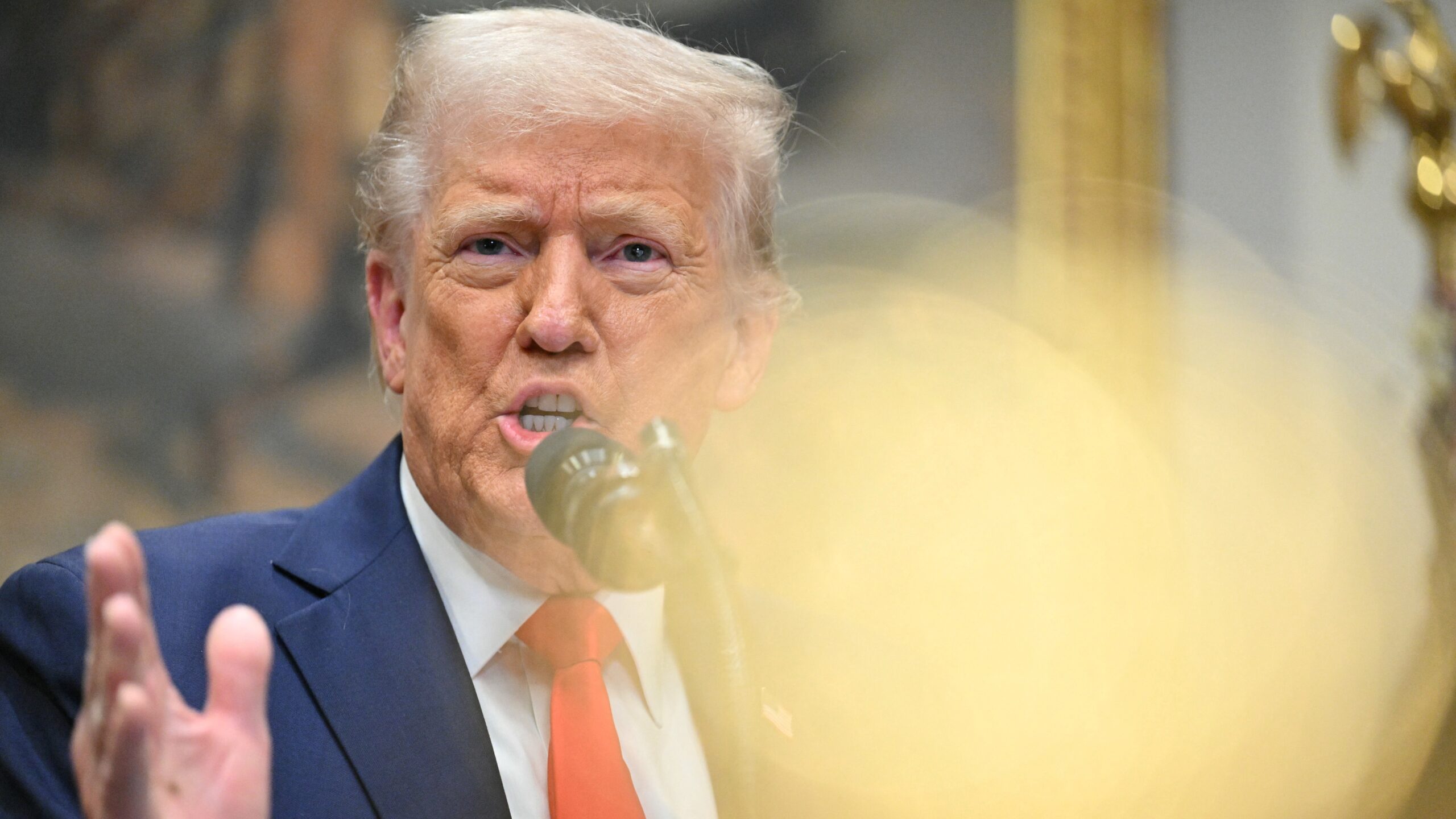
America’s Evolving Role in Global Security: Trump, Allies, and the Shifting Balance of Power
‘Since 1945 America has been the one country that’s been the readiest to stand sentinel to others’ freedom, to do as much for others as they were prepared to do for themselves; often without the honour it deserved for being the policeman that a freer and fairer world will always need.’

